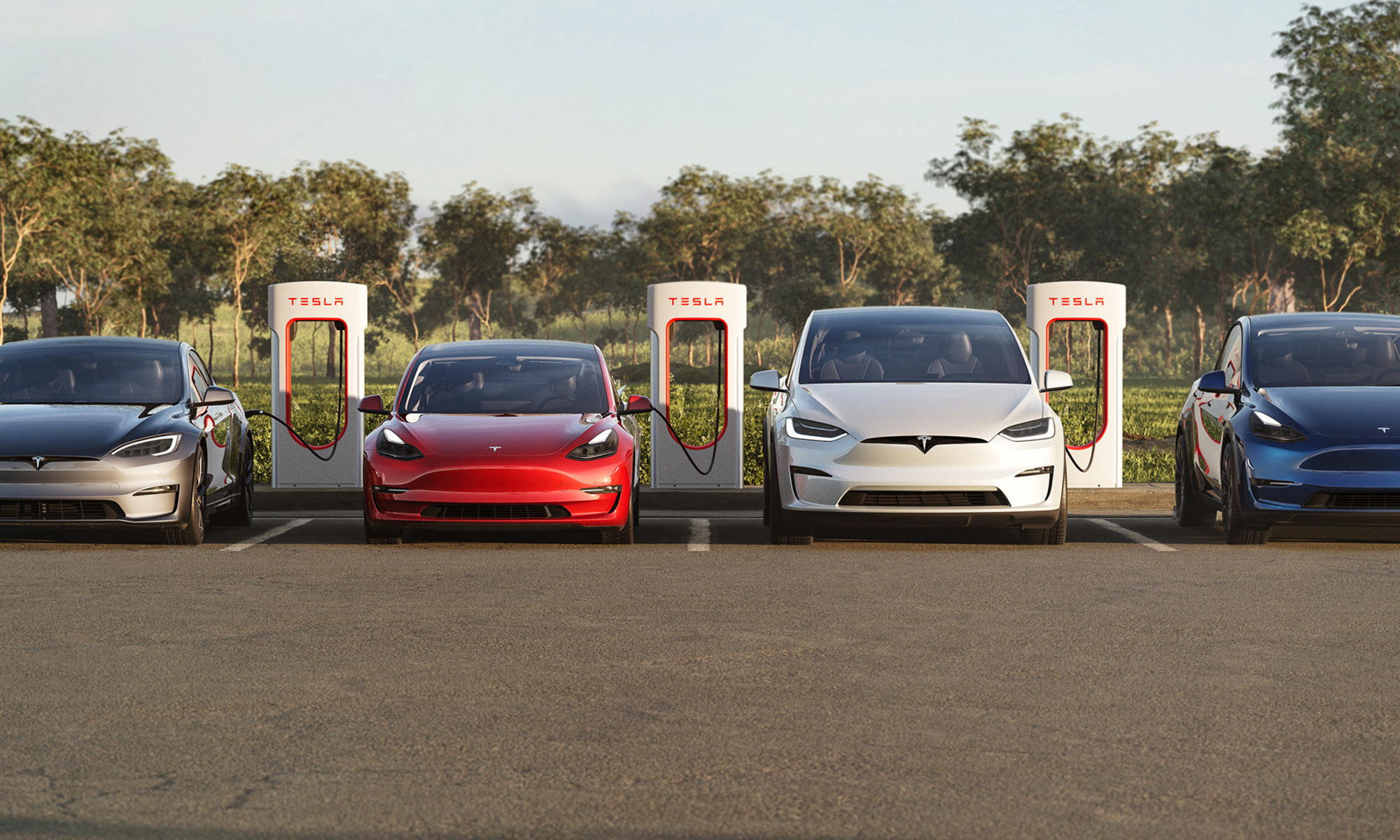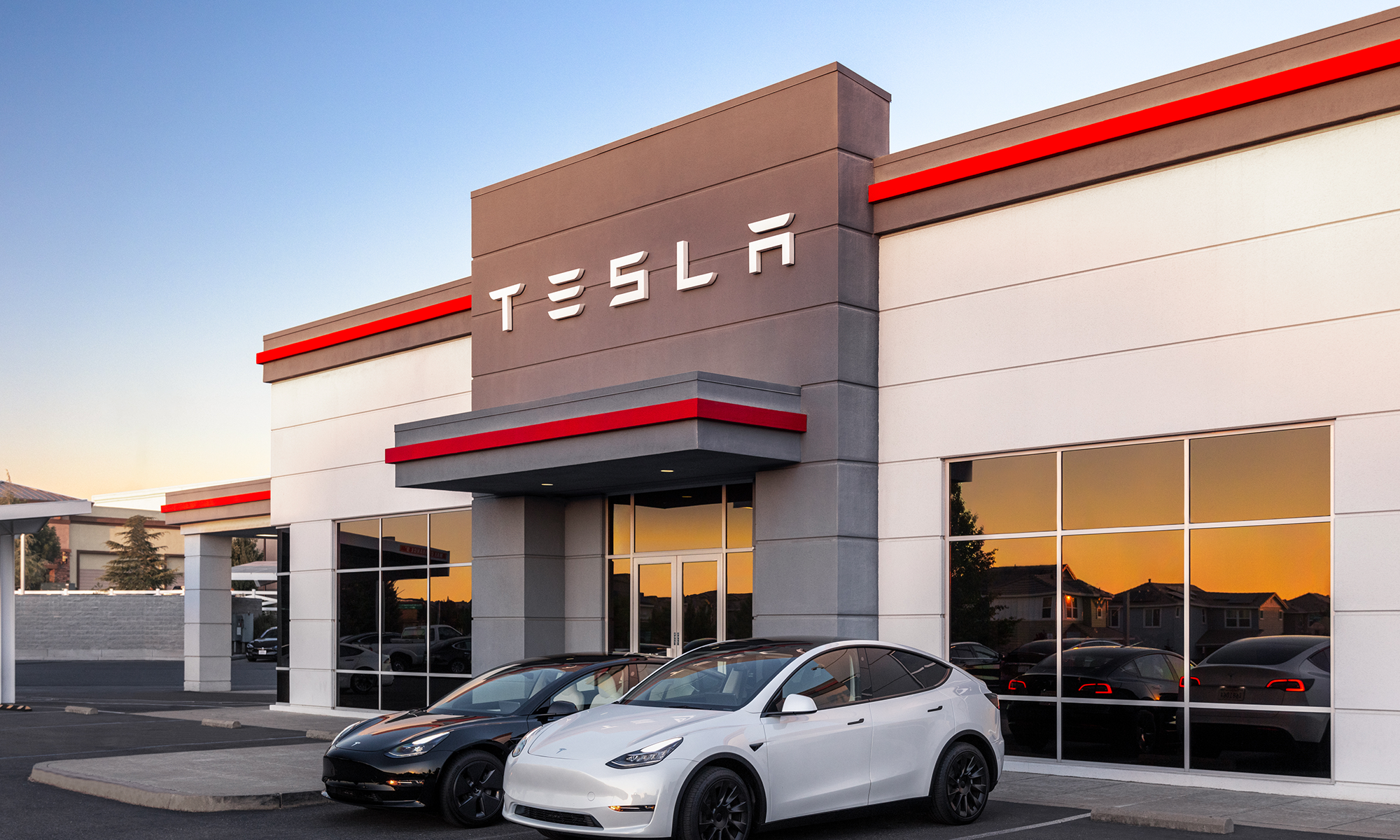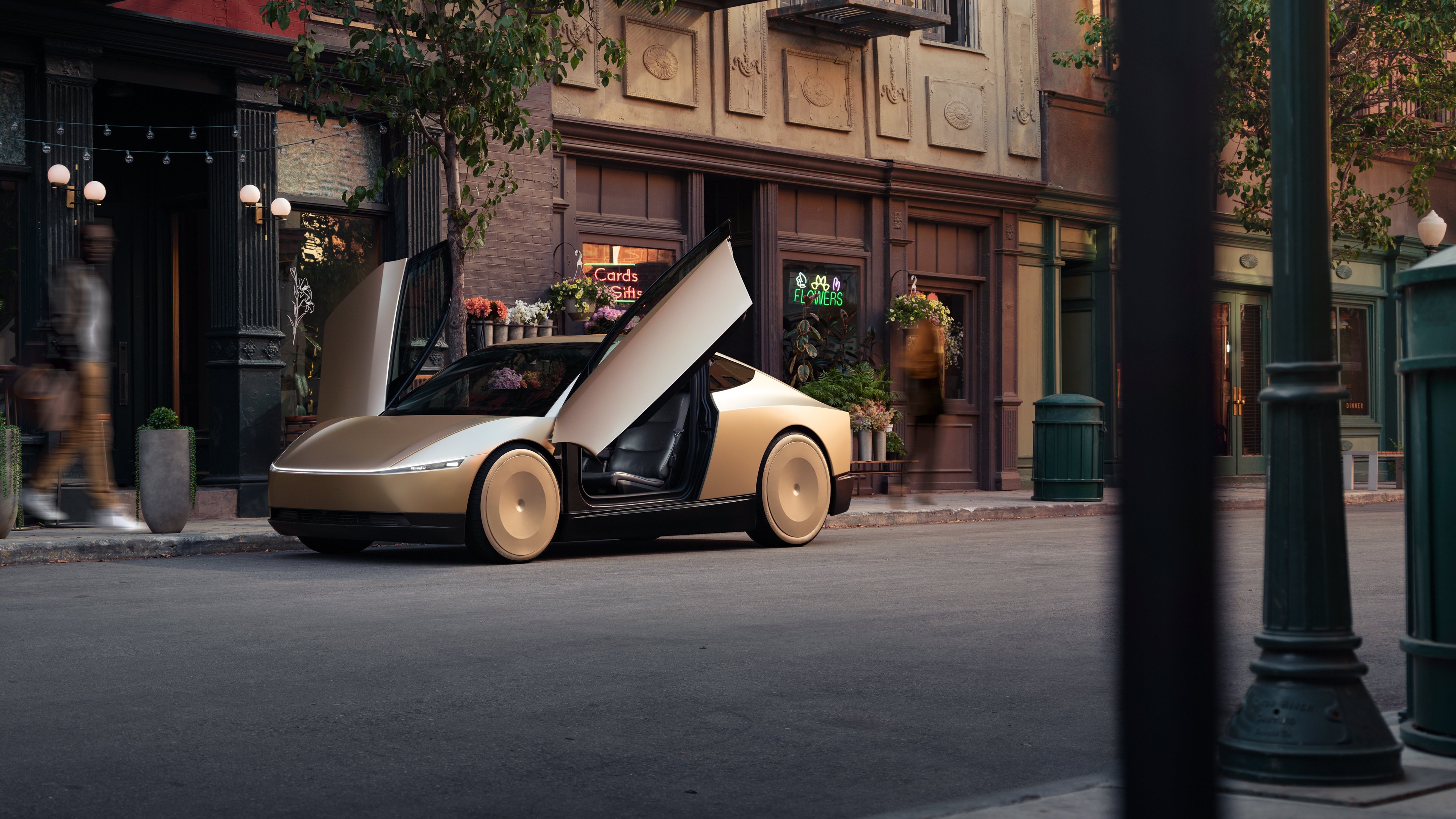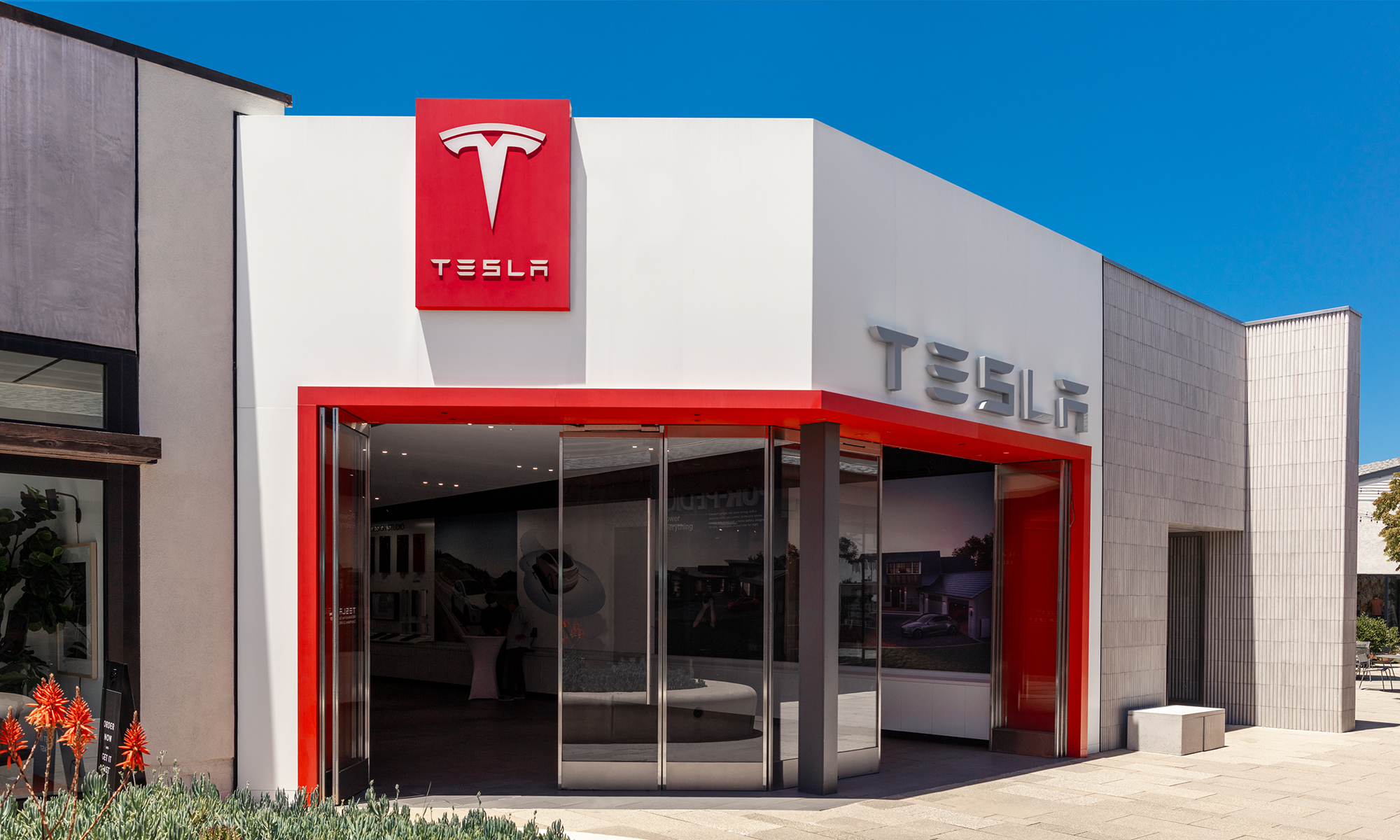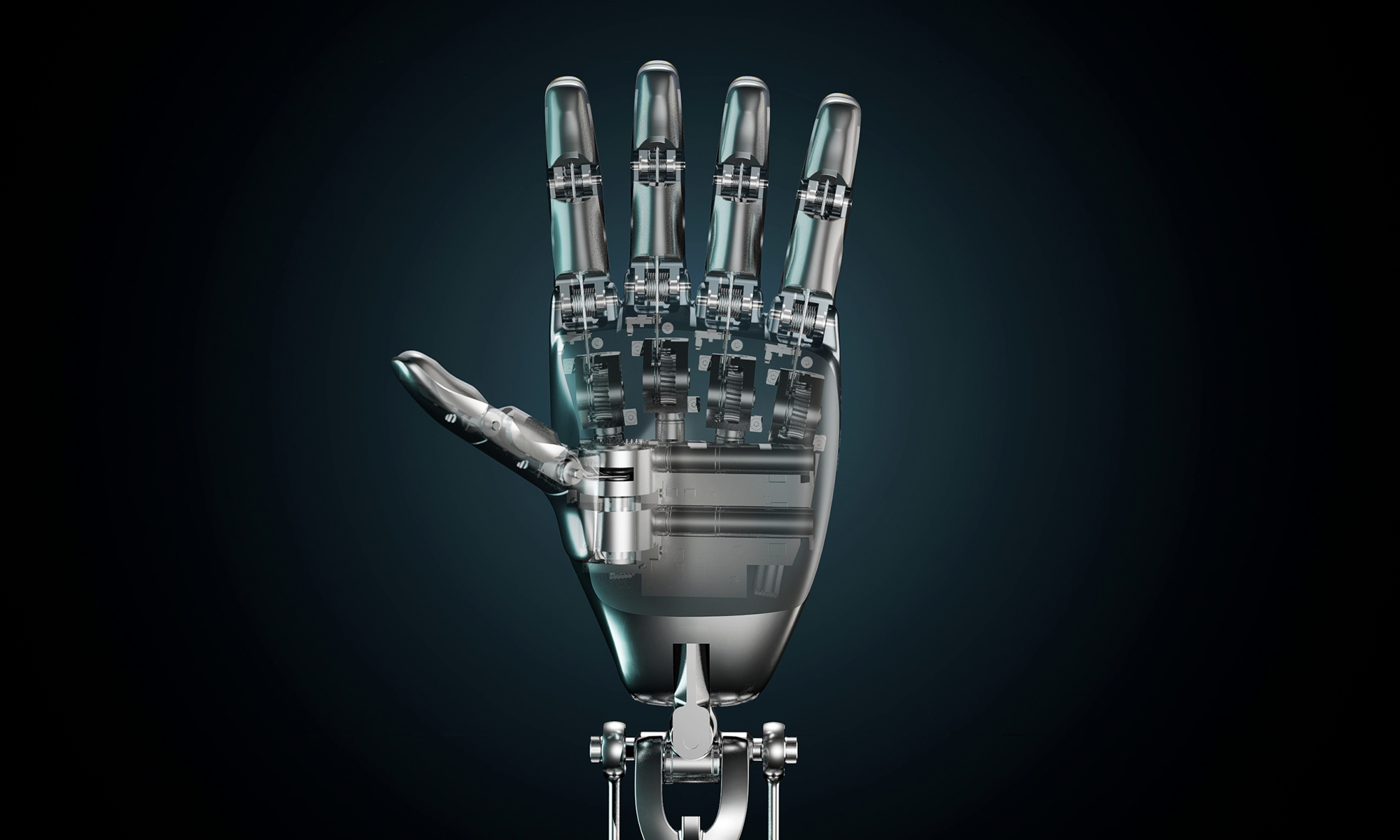Remember that We The People petition consumers sent to the White House on Tesla's (TSLA 2.09%) behalf more than a year ago? The White House finally responded, and the reply was just as sad as the amount of time it took them to write a letter. Unsurprisingly, Tesla is unhappy with the response.

Photo: The Motley Fool
The petition
In May 2013, Tesla announced that it had wired $451.8 million to the U.S. government to repay the remaining amount of the Department of Energy loan awarded to the electric-car maker in 2010. The loan was paid off nine years early, making Tesla the only American car company to have fully repaid the government.
The next month, hoping the White House may be more willing to cooperate with Tesla's government loan (plus interest) paid off nine years early, Tesla fans and caring consumers started a petition on behalf of the electric car-maker.
The petition's purpose? Consumers were vying for Tesla to be allowed to sell directly to consumers in all 50 states.
States should not be allowed to prevent Tesla Motors from selling cars directly to customers. The state legislators are trying to unfairly protect automobile dealers in their states from competition. Tesla is providing competition, which is good for consumers.
It took less than a month for Tesla to gather the 100,000 signatures required. By the deadline, the petition amassed 138,000 signatures.

Tesla store. Photo: Tesla Motors
Excuses
Only three sentences in the response from Dan Utech, the Special Assistant to the President for Energy and Climate Change, addressed the petition.
After reminding consumers that the White House supports "the next generation of transportation choices, including the kind of electric vehicles that Tesla and others have developed," the White House politely declined to get involved in the matter.
But as you know, laws regulating auto sales are issues that have traditionally sat with lawmakers at the state level.
We believe in the goal of improving consumer choice for American families, including more vehicles that provide savings at the pump for consumers. However, we understand that pre-empting current state laws on direct-to-consumer auto sales would require an act of Congress.
To wrap up the letter, the White House reiterated what it is already doing to spur innovation for energy-efficient cars. The letter cited standards to increase fuel economy to 54.5 miles per gallon for cars and light-duty trucks by model year 2025, the DOE loan program that Tesla already benefited from, and $45 million in funding for new projects to "improve fuel efficiency, lower transportation costs, and protect the environment."
Tesla doesn't buy it
Tesla didn't hold back in their opinion of the White House's letter. Tesla's vice president of corporate and business development, Diarmuid O'Connell, who often is involved with Tesla's dealer battles, responded harshly:
Rather than seize an opportunity to promote innovation and support the first successful American car company to be started in more than a century, the White House issued a response that was even more timid than its rejection of a petition to begin construction of a Death Star. Instead of showing the sort of leadership exhibited by senior officials at the Federal Trade Commission who declared their support for consumer freedom of choice, the White House merely passed the buck to Congress and trumpeted its advances in promoting vehicle efficiency. Given the economic and environmental principles at stake, we would have hoped for stronger leadership and more action.

Model S. Photo: Tesla Motors.
Tesla's reasons for needing to sell its vehicles directly are clear-cut. Tesla argues that using the dealer model could threaten its business. Here are some of the key reasons central to Tesla's argument for selling its cars directly and bypassing the antiquated franchise system:
- Dealers make the majority of their money from service, yet Tesla vehicles have a very low service profile thanks to the low-maintenance profile of fully electric vehicles. This means dealers will lack incentive to sell Tesla vehicles.
- There is a blatant conflict of interest between selling fully electric cars and gas-guzzling internal combustion engine vehicles on the same lot. Tesla explained this point in a blog post in 2012:
Existing franchise dealers have a fundamental conflict of interest between selling gasoline cars, which constitute the vast majority of their business, and selling the new technology of electric cars. It is impossible for them to explain the advantages of going electric without simultaneously undermining their traditional business. This would leave the electric car without a fair opportunity to make its case to an unfamiliar public.
- Locating smaller stores in high foot-traffic areas enables Tesla to educate a large number of consumers about electric cars, something the typical dealership location wouldn't enable Tesla to do.
- Tesla finds it unethical to profit from service on a product it sold to a customer. In this spirit, Tesla has vowed to never profit from service. With dealers making most of their money from service, this philosophy wouldn't sit well with dealers.
While Tesla's production bottlenecks, particularly related to its lithium-ion batteries, mean the electric car-maker currently has more than enough demand for its luxury sedan, limitations in some states to sell its vehicles directly doesn't yet have an impact on Tesla's potential. But investors should keep an eye on the development of this legal battle, hoping states continue to loosen their laws prohibiting Tesla to sell vehicles directly.

